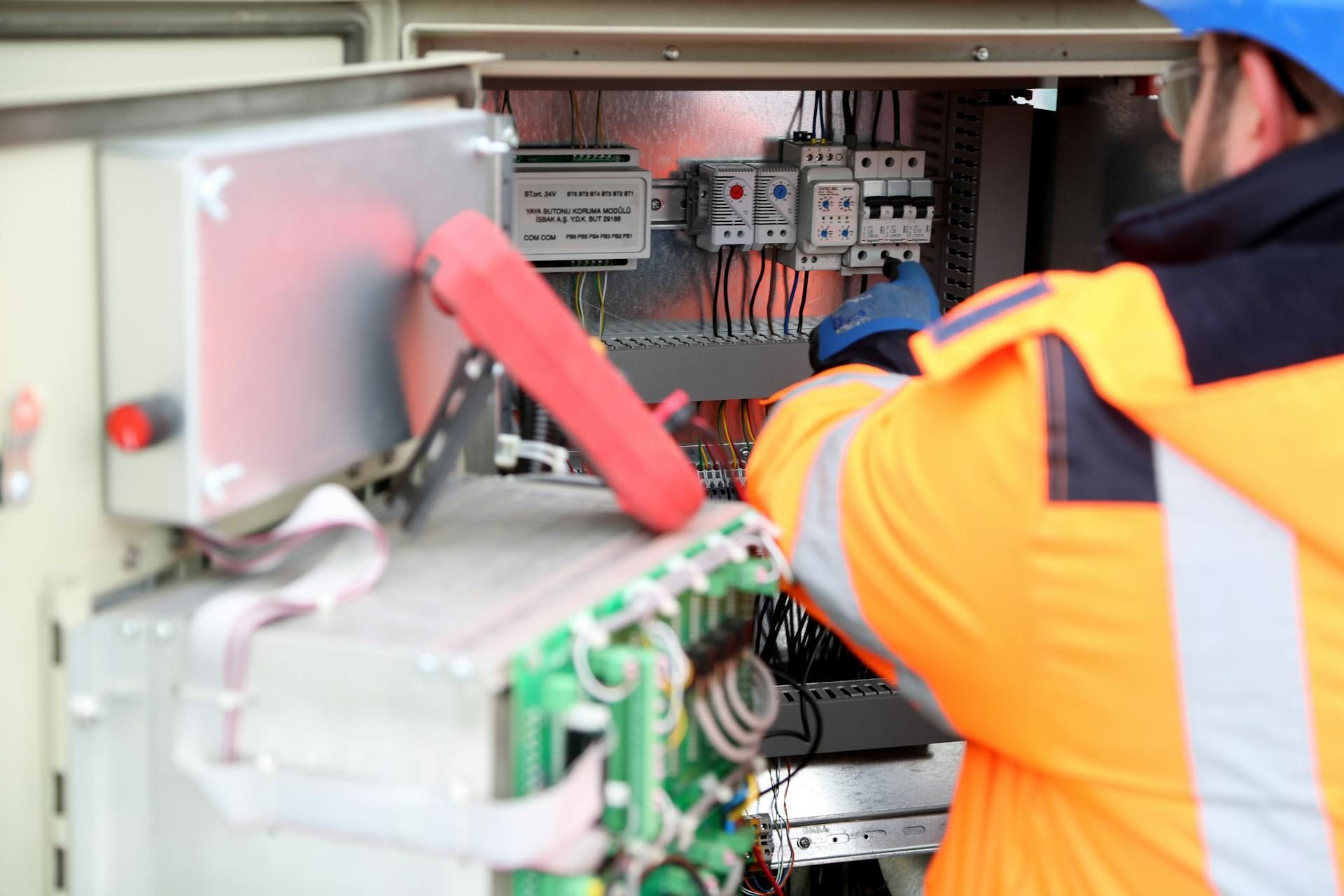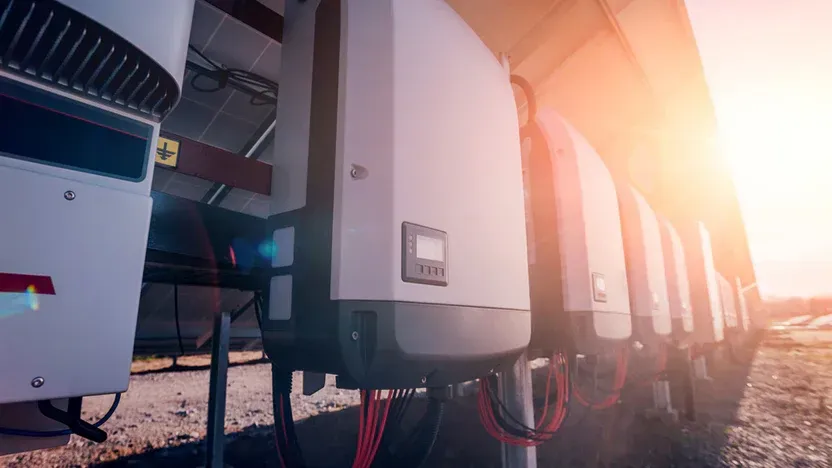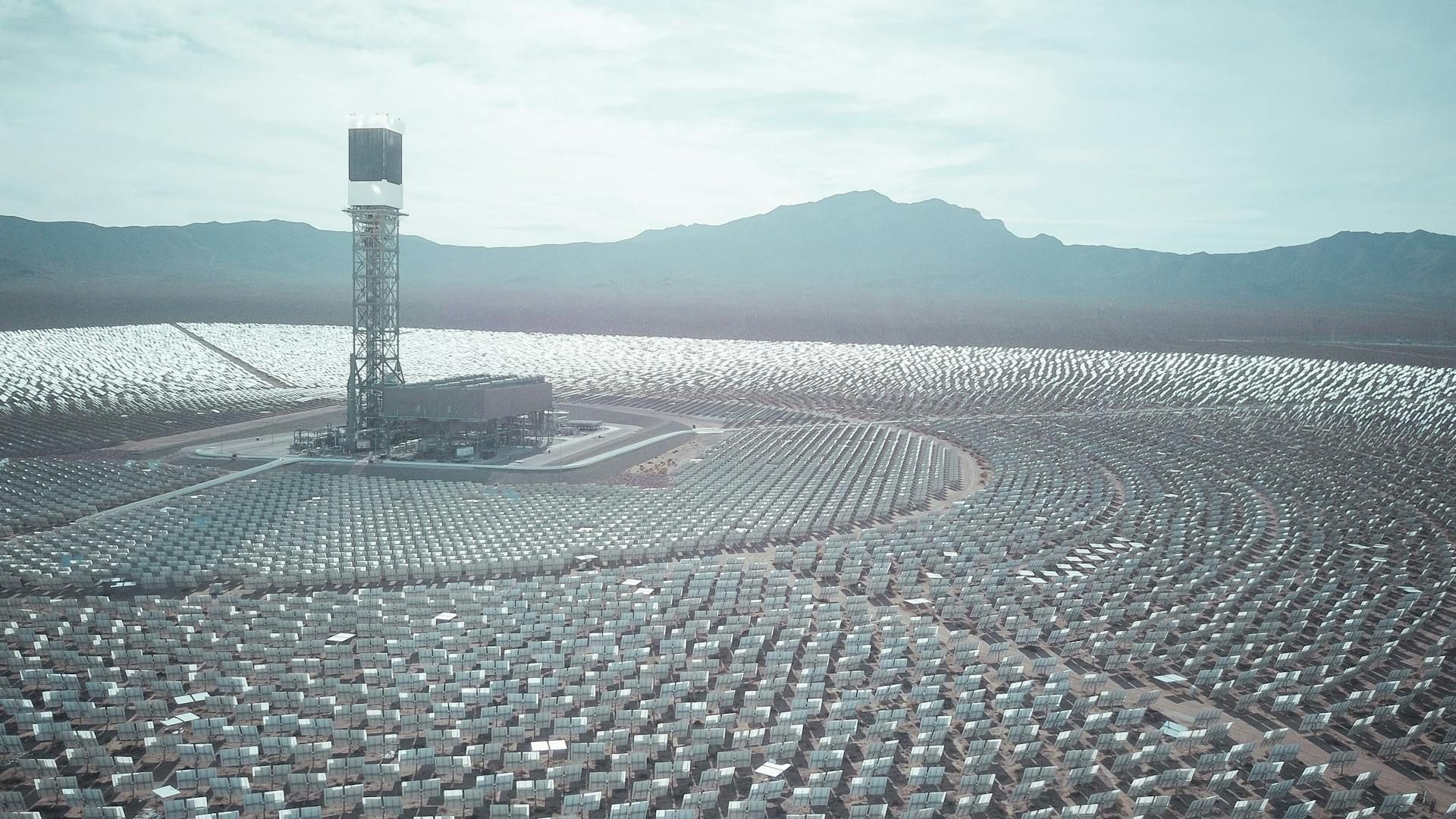Solar Energy 101: The Good, the Bad and the Inverters
Solar energy is making waves in the world of renewable energy, and for good reason. It offers numerous benefits for the environment and homeowners alike. However, like any technology, it also has its drawbacks. In this comprehensive guide, we'll delve into solar energy, exploring its pros and cons, with a special focus on the role of inverters in this renewable energy revolution.

The Pros of Solar Energy
Clean and Renewable
Reduced Electricity Bills
Harnessing solar power can lead to substantial savings on electricity bills. Once you've installed solar panels, your home can generate its electricity during the day, reducing your reliance on grid power. In some cases, excess energy can be sold back to the grid, providing additional income.
Energy Independence
Solar power grants you a degree of energy independence. You're less reliant on external sources for your electricity needs, which can be especially advantageous during power outages or energy crisis.
Low Operating Costs
Solar panels have relatively low operating costs compared to other forms of electricity generation. While the initial installation can be expensive, the maintenance costs are minimal, and solar panels can last for several decades.
Government Incentives
Many governments offer incentives and tax credits to encourage the adoption of solar energy. These can significantly offset the initial investment, making solar power more accessible to homeowners.
The Cons of Solar Energy
Intermittent Energy Source
One of the primary drawbacks of solar energy is its intermittency. Solar panels product electricity only when the sun is shining, making it unreliable for nighttime or cloud days. This issue necessitates energy storage solutions like batteries, which can add to the overall cost.
Space Requirements
Solar panels require ample roof space or open land to be effective. Not all homes have the necessary space for optimal solar panel placement.
Aesthetic Considerations
Some homeowners find solar panels to be aesthetically unpleasing, which can be a concern for those who care about the visual appeal of their homes.
High Initial Cost
The high initial cost of purchasing and installing solar panels can be a barrier for many homeowners. While there are government incentives, the upfront investment can still be substantial.
Environmental Impact of Production
The production of solar panels involves the use of various chemicals and rare materials. While solar energy is clean during operation, the environmental impact of panel production and disposal should be considered.
The Role of Inverters in Solar Energy
Inverters are a critical component of any solar energy system. They serve the crucial role of converting direct current (DC) electricity produced by solar panels into alternating current (AC), which is the type of electricity used in homes and on the grid.

Types of Inverters
There are several types of inverters commonly used in solar energy systems:
- String Inverters: These are cost-effective and suitable for residential installations. However, they can be affected by shading issues and have limited optimization capabilities.
- Microinverters: Microinverters are installed on individual solar panels and offer greater efficiency and flexibility. They are less affected by shading and allow for real-time monitoring of each panel's performance.
- Hybrid Inverters:
Hybrid inverters combine solar power with energy storage, such as batteries. They are a valuable solution for homeowners looking to increase energy self-sufficiency.
The Good Kind of Inverters
Inverters enhance the efficiency and reliability of solar energy systems in several ways:
- Optimization: Inverters optimize the performance of solar panels, ensuring that they operate at their maximum potential, even when some panels are shaded.
- Monitoring: Many inverters come with monitoring systems that allow homeowners to track the performance of their solar panels in real-time. This information can help identify and address issues promptly.
- Grid Connection: Inverters facilitate the connection of your solar system to the grid, enabling you to sell excess energy back to the utility company, further reducing your energy bills.
The Bad Kind of Inverters
While inverters are essential, they are not without their drawbacks:
- Initial Cost: Inverters add to the initial cost of a solar energy system. Higher-quality inverters can be relatively expensive.
- Maintenance: Inverters, like any electronic device, require maintenance and can potentially fail over time, necessitating replacements or repairs.
- Compatibility: Choosing the right inverter for your solar panels and system configuration can be complex. It's essential to consult with a professional to ensure compatibility and optimization.
Conclusion
Solar energy is undeniably a powerful and promising source of clean and renewable electricity. While it offers numerous benefits, such as reduced electricity bills, energy independence, and environmental advantages, it also has its challenges, including intermittency and high initial costs.
Inverters play a crucial role in addressing some of these challenges, enhancing the efficiency and reliability of solar energy systems. However, they come with their own set of considerations, including cost and compatibility.
Before making the switch to solar energy, it's essential to weigh the pros and cons carefully, consider your energy needs, and consult with experts to design the right solar system with the appropriate inverters for your specific situation. Solar energy can be a game-changer, but only if it's the right fit for you and your home.
In the end, the choice to embrace solar power and inverters depends on your priorities, budget, and commitment to a sustainable future.








